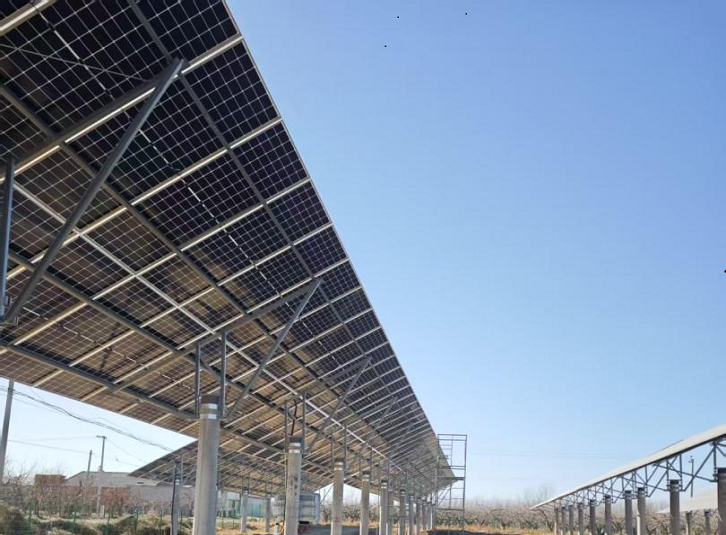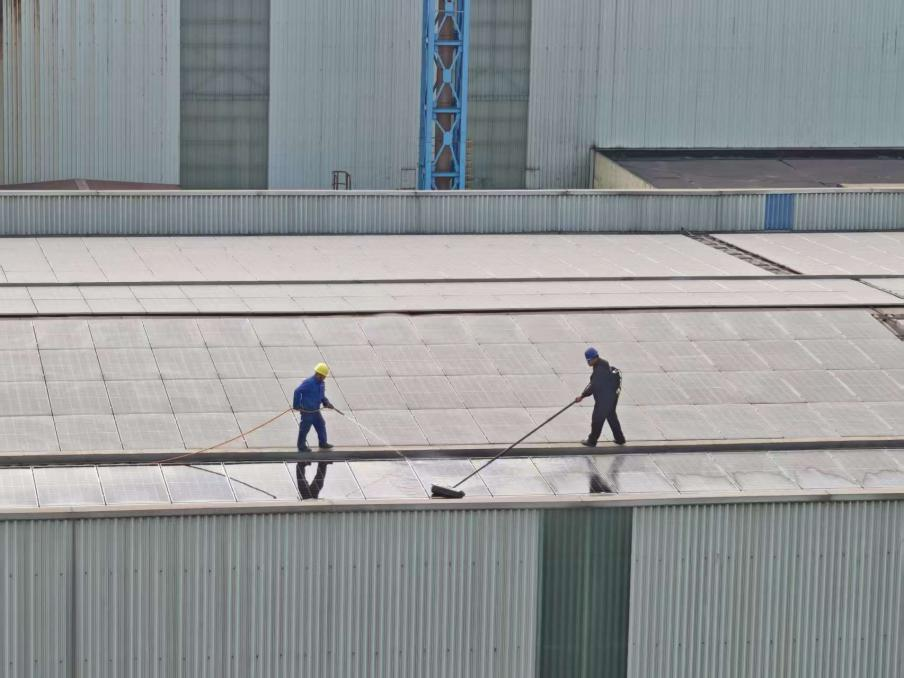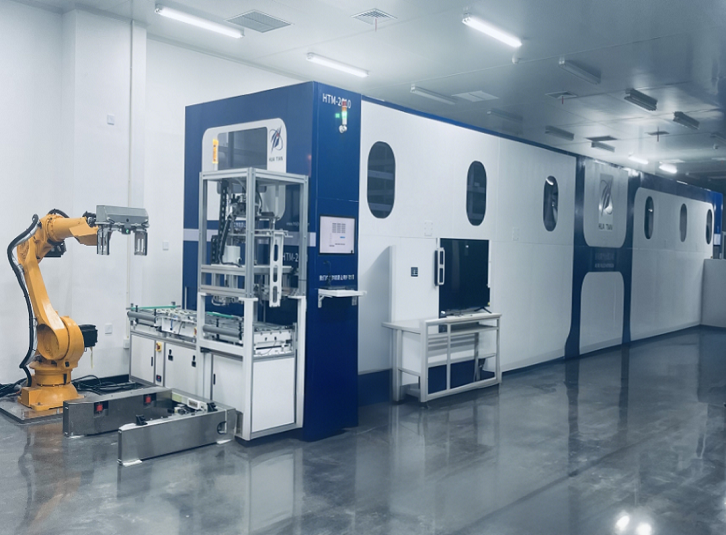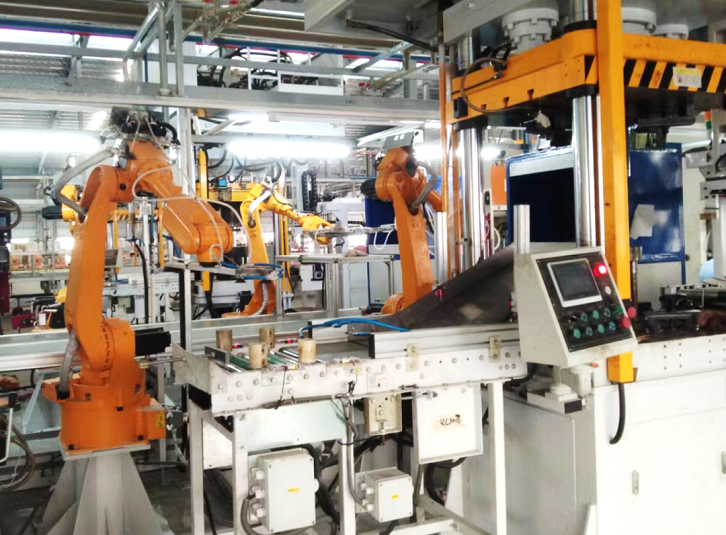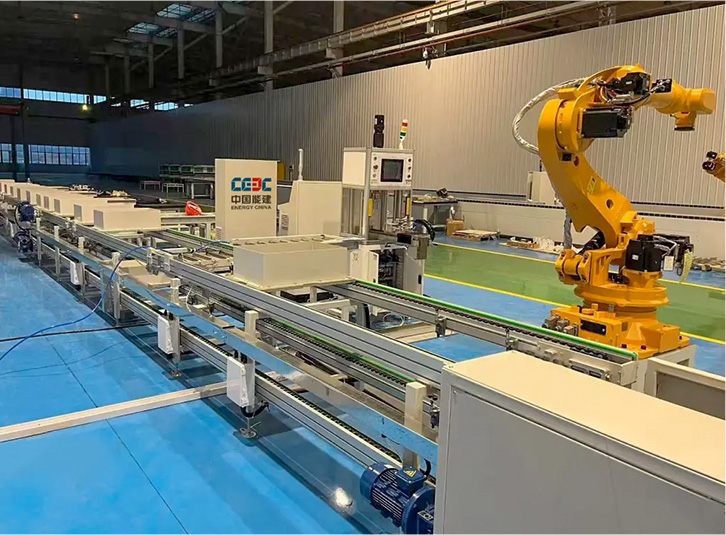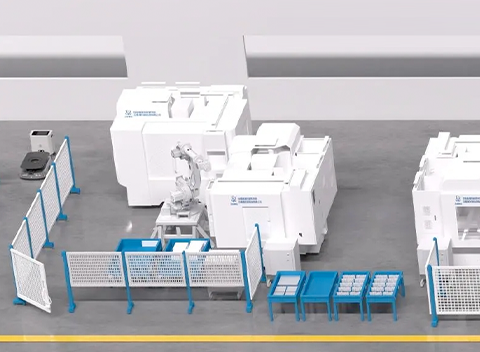Against the backdrop of accelerating global energy transition, the agrivoltaic model has become a crucial practice for the collaborative development of clean energy and ecological agriculture. Recently, Huibo Robot Group won the bid for the intelligent cleaning project of Huaneng Jinzhou's agrivoltaic PV power station with a total planned installed capacity of 100MW, helping to achieve dual breakthroughs in economic and ecological benefits.
The PV power station can deliver approximately 152,600MWh of electricity to the regional power grid annually. Compared with traditional coal-fired power stations, it saves 47,000 tons of standard coal annually and significantly reduces emissions of pollutants such as sulfur dioxide, carbon dioxide, and nitrogen oxides, making important contributions to local environmental improvement and energy conservation.
Using advanced data mining and analysis technologies, it extracts and analyzes feature data from robot status information, accurately identifying key performance indicators and potential anomalies in various datasets. Meanwhile, it constructs a comprehensive data storage system to properly archive processed data for subsequent query and in-depth analysis, and outputs analysis results in the form of visual charts and dynamic reports (weekly/monthly), providing a scientific basis for O&M decision-making and practical applications.
Based on historical operation data from multiple projects, deep learning algorithms are adopted to monitor and analyze motor current in real time. Combined with dynamic feedback on robot angle offsets, the system achieves autonomous path correction. This technology effectively overcomes environmental interferences such as fallen leaves accumulation and slope changes, ensuring the robot operates accurately and stably in complex terrains and guaranteeing efficient cleaning.
Through various sensors, real-time data on light from different angles, weather conditions, temperature, humidity, dust concentration, surface finish, etc., are collected. Combined with power generation data from the power station, deep learning technology is used to determine the optimal cleaning cycle. According to data analysis results, it provides users with comprehensive robot performance optimization suggestions to help improve cleaning efficiency and ensure the robot maintains optimal condition throughout its lifecycle.
As an integrated intelligent manufacturing solution provider, Huibo Robot Group has provided high-quality services for large-scale PV power station projects in nearly 20 cities and counties across the country. Through digital and intelligent O&M, it helps PV power stations reduce costs and increase efficiency, fully promoting the innovative, integrated, and efficient development of clean energy.

